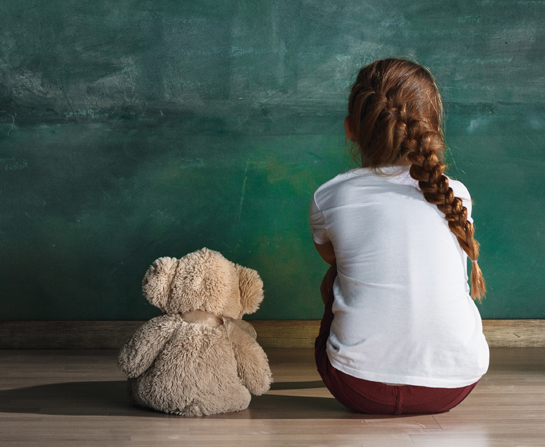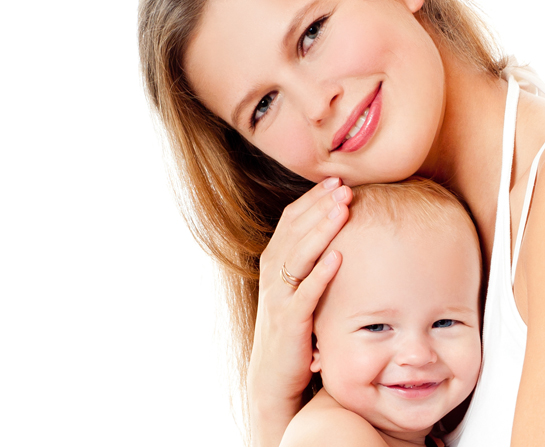For many teenagers, the transition from childhood to adulthood can be a confusing and overwhelming time. It’s a time of physical, emotional, psychological and social changes that can have lasting effects. Alongside all these changes brought about through puberty, there are also growing concerns around the impact of these changes on our young people’s mental health and wellbeing. These changes often result in new behavioural patterns and attitudes.
WORDS FAITH FOO
 FEATURED EXPERT FEATURED EXPERTFAITH FOO Director of ABRI Integrated Mental Health Director of The Bridge International Hub (Korean Counseling Centre) Registered & Licensed Counsellor Certified EMDR Therapist Certified Coaching & Mentoring Professional HRD Corp-Certified Trainer Published Author Website | Facebook | YouTube |
A CHALLENGING TRANSITION
From my sessions with teenagers and adolescents, I observed that this transition often brings many challenges to a teenager’s self-esteem and self-confidence.
This transition is critical for self-development as teens. Their bodies are transforming, social hierarchies and norms are shifting… even their relationship with you is evolving.
One of my clients, a 16-year-old girl, was initially self-assured and confident but because she entered puberty earlier than her peers, she became increasingly self-conscious. She struggled with her body image issues and felt ‘different’, which dampened her self-esteem.
Some kids may be wrestling with several concerns during this transitional phase. These fears could involve the following:
- Their social status. “Can I fit in?”, “Will other people like me?”, “Will I get bullied?”
- Practical logistics. “Will I be lost in school?”
- Academic performance. “Can I submit my assignments on time?”
These worries likely occupy their thoughts, whether they express them openly or not, and sometimes, they might not even be fully aware of them.
I have worked with a teenage boy who was doing well academically but he was excessively critical of himself. He would say things like:
- “I am a burden to my family.”
- “Everyone is better than me.”
- “Nobody likes me.”
This consistent self-doubt was a clear pointer of underlying self-esteem issues.
It’s important to know that while many teenagers experience dips in self-esteem, others may feel increased confidence as they discover new abilities and interests. Parents and teachers can reduce the risk of the former; the key is to provide ample care, support, and guidance.
SIGNS OF LOW-ESTEEM IN TEENS THAT PARENTS SHOULD WATCH OUT FOR
- Changes of behaviour, such as withdrawing from activities they once enjoyed
- Become overly critical of themselves
- Lack of motivation often with reluctance to try new things or take on challenges
- Become overly sensitive to feedback or criticism
- Always comparing themselves to their peers
- Looking for excessive assurance
- Having trouble accepting praises
AWARENESS IS KEY: WHICH TYPE OF PARENT ARE YOU?
- Helicopter parents are very controlling of their child’s daily routines, personal decisions, and more.
- Snowplough parents step in and solve all their kid’s problems instead of letting the kid work them out on their own.
- Lighthouse parents balance guidance and support with their child’s privacy and their trust in the child.
Avoid helicopter and snowplough parenting.
Adolescents flourish most under the lighthouse parenting approach.
- The lighthouse parent offers guidance and sets boundaries when it comes to safety and ethics, allowing their child to develop their decision-making skills through exploration and learning.
- Serving as a lighthouse, caring parents play a crucial role in teenagers’ lives, serving as the beacon that offers support and direction that can make a positive, life-changing impact in their child’s life.
HOW TO PROVIDE SUPPORT WHILE RESPECTING THE TEENAGER’S PRIVACY
This is a delicate balance that many parents struggle with. In my counselling practice, I advise parents to do the following:
- Encourage open communication early on.
- Learn to respect your child physical boundaries, such as knocking before entering their room.
- Stop being nosy but show interest in their lives.
- Always be attentive to changes in your child’s behaviour, mood, or routine.
Parents can use car rides or mealtimes as opportunities for casual conversations. One parent I worked with found that her son was calmer and more open to talking while they were on the car ride home together.
HOW TO COMMUNICATE AS A LIGHTHOUSE PARENT
- Always approach and talk in a calm, non-judgmental tone.
- Choose your words carefully. Avoid angry, harsh, accusatory language.
- Listen calmly, hearing and understanding your child’s point of view. Paraphrase back on what you have heard.
- Try ‘I’ statements to express concerns. For example: “I feel worried when I don’t know whether you made it home safely.”
- Be direct but gentle. For instance, instead of “Why are you always so moody?” you could say: “I noticed you seemed upset after school today. Is everything okay? You want to talk about it?”
I once worked with a family where the mother’s tactic of asking open-ended questions and truly listening without interjecting significantly improved her communication with her teenage daughter.
The key is to maintain a presence in their lives without being invasive and judgmental.
- Always be ready to listen when they want to talk to you.
- Don’t be in a hurry to give advice, instead wait until they ask you for help.
Try to Avoid Doing These
- Dismissing your child by saying “It’s not a big deal”, “Get over it”, “Why do you care what people say”, etc
- Comparing your child to their peers
- Delivering ultimatums and threats
- Adopt a sarcastic and/or mocking tone
- Lecture and/or preach
When your teen makes bad or poor choices and decisions that do not make sense, try to stay calm.
- Look at these situations as opportunities to help them learn from their mistakes.
- The aim is to create an environment where they feel heard and validated, even if you don’t agree with everything they say.
The 7 Tenets of Supportive Parenting
|
| This article is part of our series on parenting. |








